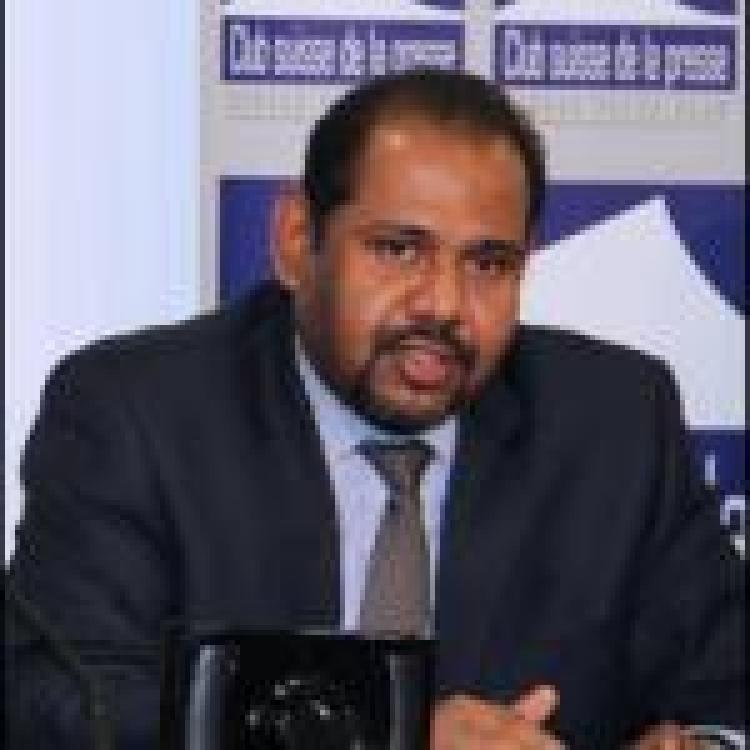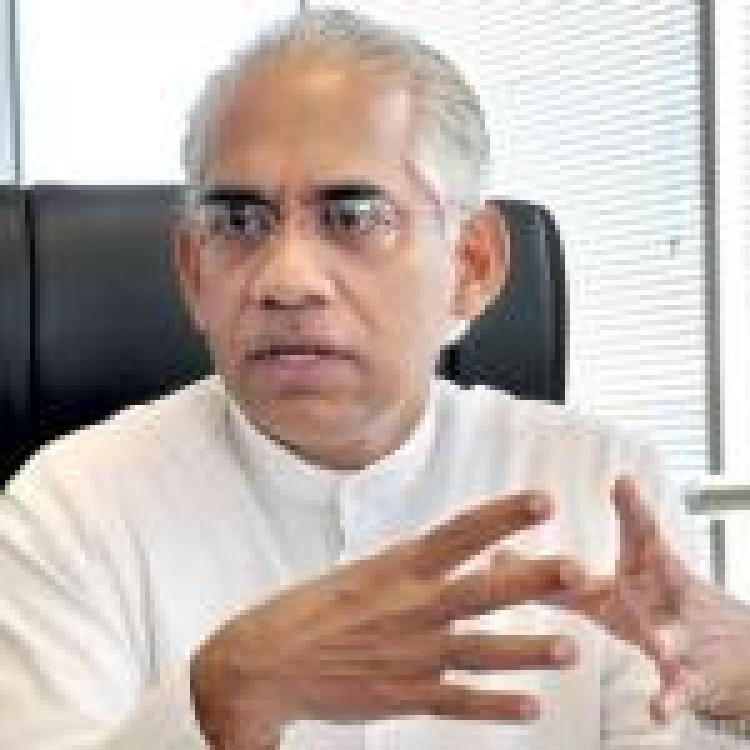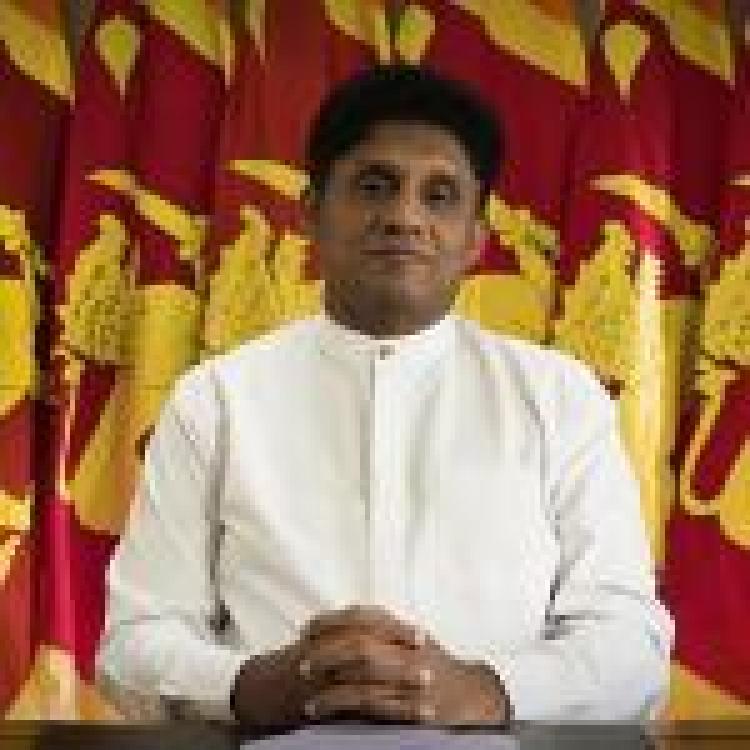![]()
Following a claim of victory at the UN Human Rights Council, Sri Lanka’s Foreign Minister, Dinesh Gunawardena, has decried the passage of the resolution as “unwarranted, unjustified”, and “illegal”.
In his statement, he maintained that the majority of UN members opposed the resolution whilst only 14 states voted in opposition of the resolution and 22 voted in favour and 11 abstained. This resolution marks the lowest number of votes in favour of Sri Lanka since the end of the armed conflict.
Seeds of future violence
Gunawardena claims that the resolution is illegal as it interfered with Sri Lanka’s domestic matters and would have “an adverse effect on the ongoing efforts to maintain peace, reconciliation and economic development”. He further claimed that it would lead to greater “polarisation of Sri Lankan society”.
This statement follows a damning report by the UN High Commissioner for Human Rights which highlights the rapid deterioration of human rights in Sri Lanka and raises deep concerns over “the increased use of ethno-nationalistic and majoritarian rhetoric and symbols by the President and other senior Government figures”.
The High Commissioner’s report warns of future violations if international action isn’t taken to curb Sri Lanka’s trajectory. In her recommendations, she calls for the imposition of targeted sanctions on Sri Lankan officials implicated in war crimes; for member states to pursue accountability through their courts under a principle of universal jurisdiction; and to consider referring Sri Lanka to the International Criminal Court.
Domestic Commission
In his statement, Gunawardena maintained that issues of accountability would be addressed through a domestic commission. He further claimed that “no country has a greater interest in bringing about reconciliation”.
The UN High Commissioner, alongside the former High Commissioner and senior UN officials and international experts, have highlighted the long history of Sri Lanka’s failed domestic commissions. In a joint statement, international experts, and former UN officials, chided the call for another domestic commission as a “meta-investigation”.
They maintained that it had gotten “to a point that would be laughable were it not for the seriousness of what is at stake”.
War Crimes investigation
Gunawardena further raised concerns over the budget allocated by the resolution towards collecting evidence of mass atrocities that could be used for future war crimes trials. He claimed that said money could be used to improve the lives of those affected by the conflict.
This statement follows widespread rallies across the North-East where Tamil victim communities have consistently demanded that Sri Lanka be referred to the International Criminal Court and for independent international war crimes investigation.
It also follows a report by the Oakland Institute which highlights that there is approximately one soldier for every six civilians in the North-East. The report states, this is to keep “the population in the North-East under constant repression and intimidation”.
Read Gunawardena's full statement here.




